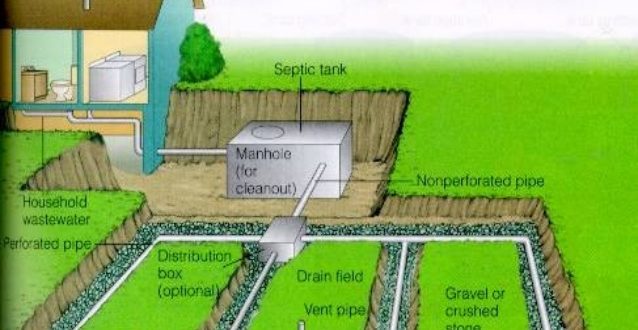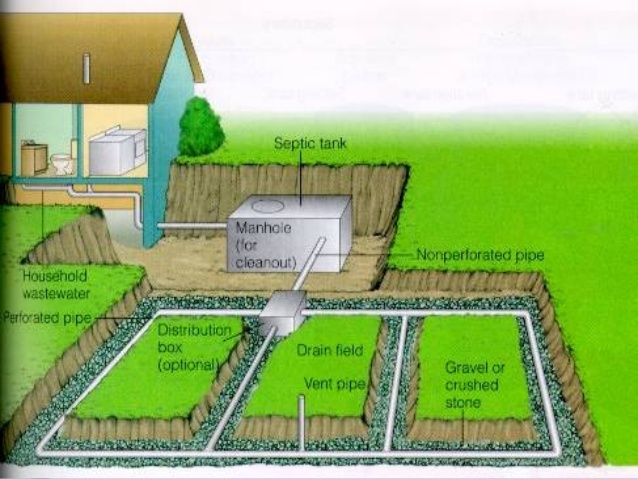HENDRICKS COUNTY – As the Springtime weather and warmth settles in, it is important that homeowners take steps to protect and maintain their septic systems.
It is estimated that around 35% of Hendricks County residents currently use septic systems. Septic systems filter out dangerous bacteria and viruses from the wastewater that drains from toilets, tubs, showers, sinks, and washing machines.
“For homes in the County that are not connected to centralized sewage systems, septic systems have proven to be an efficient way to treat a family’s waste water,” says Ginger Harrington, Environmental Health Team Lead at the Hendricks County Health Department (HCHD). “However, for a septic system to remain effective and in good working order, it must be well-designed, correctly installed, and properly maintained.”
According to the US Environmental Protection Agency, the top four ways to care for your septic system are:
- Inspect and pump your septic system frequently. “We recommend that your septic system be inspected and/or pumped by a service professional every three to five years,” reports Harrington. This will ensure that any potential problems with your system are caught early. If your system uses electricity, it is best to check it more often, even once per year.
- Use water more efficiently. The average single-family home uses upwards of 70 gallons of water a day. “For households using septic systems, all water used should go into the septic tank,” says Julie Haan, Environmental Director for the HCHD. “This means that any ‘extra’ water from dripping faucets or running toilets can end up overwhelming the system.” Using high-efficiency toilets, showerheads, and faucet aerators can save water. Conserving water and spreading out laundry loads throughout the week will protect the system from overload and allow for proper treatment of the wastewater.
- Properly dispose of your waste. “Plain and simple, toilets are not trash cans,” Haan says. Only human waste and toilet paper should be flushed down the toilet. “Do not flush: diapers, feminine hygiene products, condoms, wipes, paper towels, cat litter, coffee grounds, or pharmaceuticals. Fats, oils and greases should not be dumped down the sink as they cause upsets in the septic tank that can lead to system failure.”
- Maintain and protect your septic system. “Never park or drive a vehicle over the top of your system,” recommends Harrington. “You can also protect it by making sure your rainwater drains away from the system and trees are kept as far away as possible.”
Common signs that your septic system needs attention are: foul-smelling standing water around the system, wastewater backing up into drains in your home, and bright green patches of grass over the system (even during dry seasons).
“Properly maintaining your septic system helps protect the ground and surface water in your community from contamination, and we all benefit from homeowners’ willingness to do so,” Haan reiterates. “Regular maintenance is also much more cost effective than replacing a failed system.”
For more general information about maintaining a septic system, visit the EPA’s Septic Smart website, https://www.epa.gov/septic/septicsmart-homeowners. For more information about septic system maintenance and repair in Hendricks County, contact the Hendricks County Health Department at (317) 745-9217.







